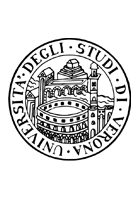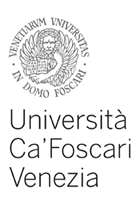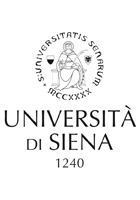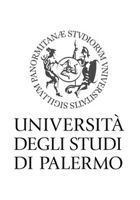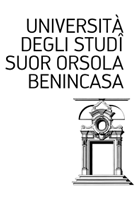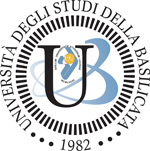De natura rerum
The section on natural sciences – currently under extension – is dedicated to two fundamental aspects of medieval life: the falcon’s care and the computation of time.

The section on natural sciences – currently under extension – is dedicated to two fundamental aspects of medieval life: the falcon’s care and the computation of time. Three texts of the 12th century are now available: The Liber de natura falconum, attributed to an ancient Armenian king named Dancus, who is likely to have authored the book together with Martin, his falconer, and Attanasio, son of the king of Egypt.
This text is almost always transmitted along with those of the no less mysterious William, perhaps living under Roger II of Sicily and disciple of the Magister Martinus, an expert in the care of falcons; the Liber de medicaminis and the Liber Guillelmi falconarii.
We do not know whether these biographical information, derived from the texts themselves, are real, or, as is more likely, they hide authors who have reworked a subject passed down for generations; almost certainly we know that these treaties were written in the Norman and Sicilian areas and that probably were part, together with the so-called Moamin (an Arabic treatise on the same subject) and with Guicenna’s De arte bersandi (written to the Norman court too) of a codex on falconry owned by Frederick II and perhaps used for writing his famous De arte venandi cum avibus.
